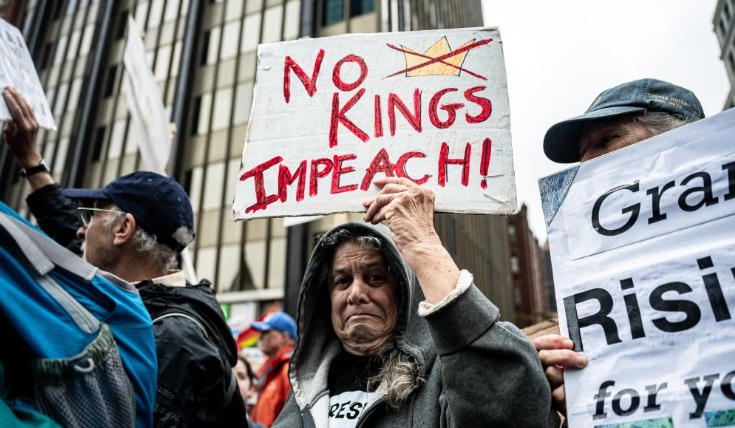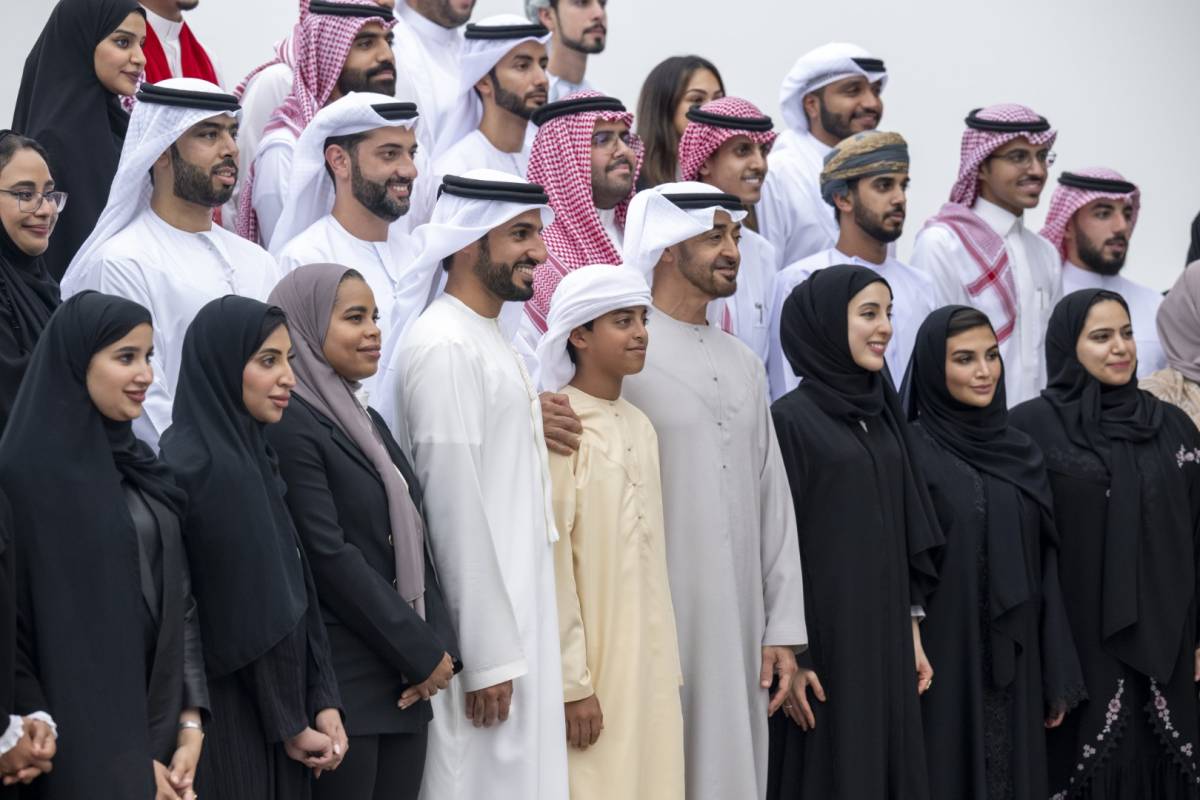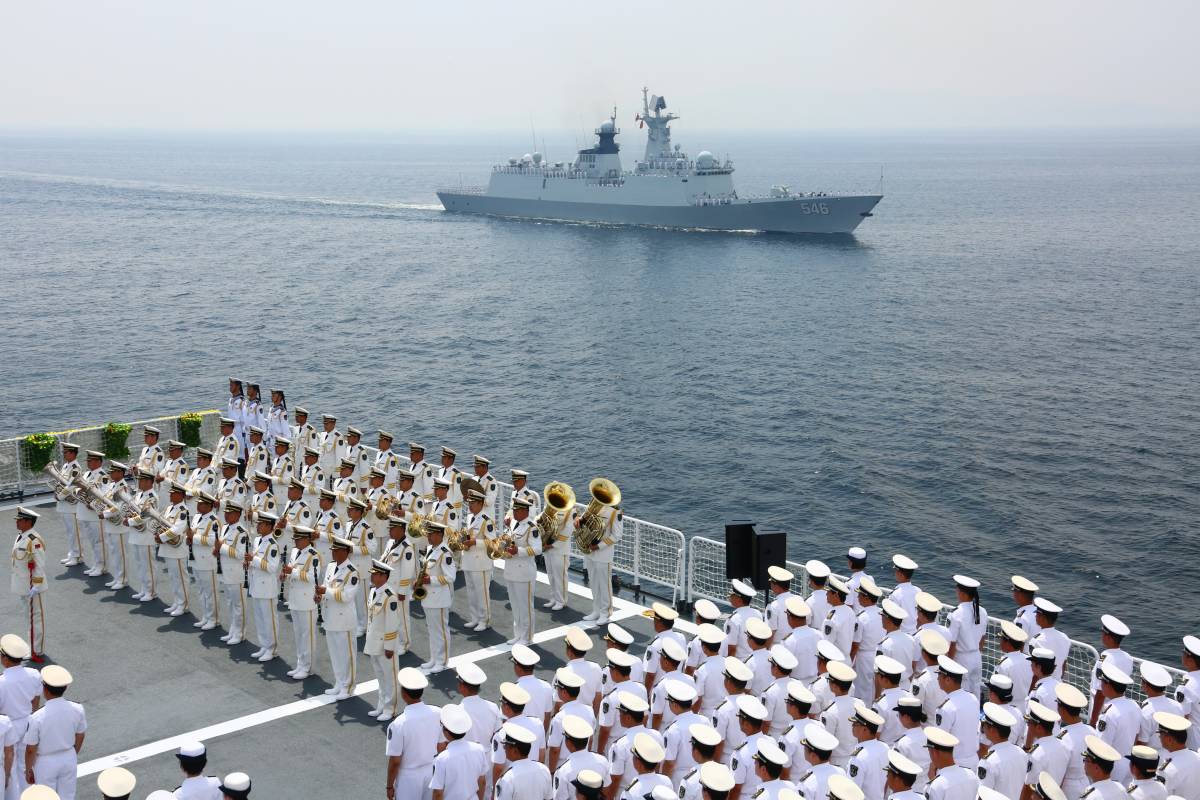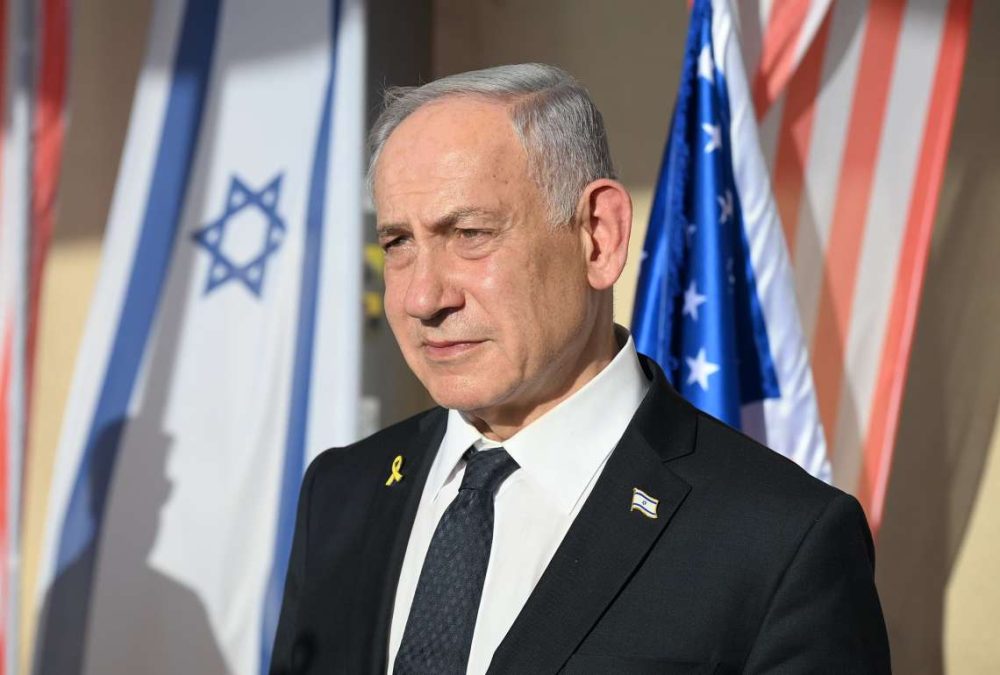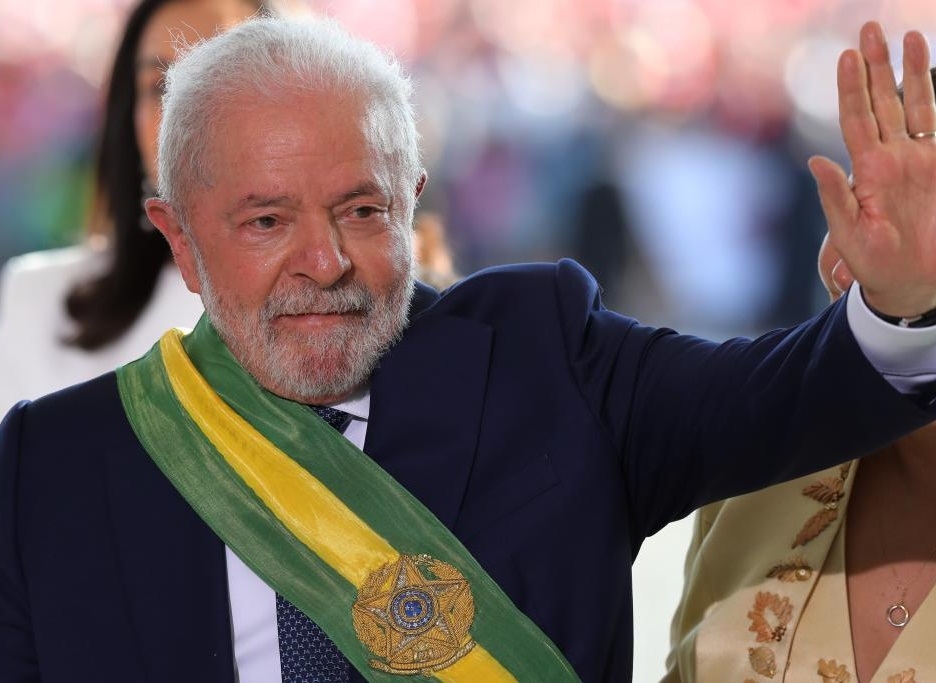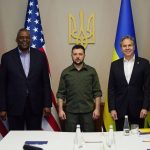Special envoy Robert Malley says that Iran has made alarming progress on enriching uranium and is hampering talks on a revived nuclear deal by making a series of unrelated demands…reports Asian Lite News
Iran has repeatedly introduced, over the recent weeks and months, extraneous demands that go beyond the confines of the nuclear deal struck in 2015, State Department spokesperson Ned Price said on Tuesday, saying that the new demands suggest a lack of seriousness on Tehran’s behalf.
Indirect talks between Tehran and Washington aimed at breaking an impasse over how to salvage Iran’s 2015 nuclear pact ended in Doha, Qatar, last week without the hoped-for progress. Price said there was not another round of planned talks with Iran at the moment.
Meanwhile, special envoy Robert Malley said that Iran has made alarming progress on enriching uranium and is hampering talks on a revived nuclear deal by making a series of unrelated demands.
Negotiations in Vienna aimed at salvaging the collapsed 2015 agreement have been stalled since March, and talks in Qatar last week to break the impasse ended in failure.
Tehran had “added demands that I think anyone looking at this would view as having nothing to do with the nuclear deal, things that they’ve wanted in the past,” Malley said.
“The discussion that really needs to take place right now is not so much between us and Iran, although we’re prepared to have that. It’s between Iran and itself. They need to come to a conclusion about whether they are now prepared to come back into compliance with the deal.”
Iran ramped up enrichment of uranium after the US pulled out of the deal in 2018, and Malley said it was now much closer to having enough fissile material for a nuclear bomb.
“We are of course alarmed, as are our partners, about the progress they’ve made in the enrichment field,” he said.
The window to revive the deal was closing, EU foreign policy chief Josep Borrell warned on Tuesday. “If we want to conclude an agreement, decisions are needed now. This is still possible, but the political space … may narrow soon,” he said.
On a visit to Paris, new Israeli Prime Minister Yair Lapid said Iran was “violating the agreement and continues to develop its nuclear program.”
French President Emmanuel Macron said he would make every effort to make Tehran see reason and return to the negotiating table.
Iranian Foreign Minister Hossein Amir-Abdollahian said on Twitter after speaking with the EU’s top diplomat Josep Borrell, “Agreement is possible only based on mutual understanding & interests. We remain ready to negotiate a strong & durable agreement. US must decide if it wants a deal or insists on sticking to its unilateral demands.”
State Department spokesperson Ned Price said there was currently not another round of talks on the book with Iran, adding that Tehran has repeatedly introduced, over the recent weeks and months, extraneous demands that go beyond the confines of the nuclear deal struck in 2015.
“To introduce anything that goes beyond the narrow confines of the JCPOA suggests a lack of seriousness, suggests a lack of commitment. And that, unfortunately, is what the team saw once again in Doha,” Price told reporters.
Under the nuclear pact, Tehran limited its uranium enrichment program, a potential pathway to nuclear weapons, though Iran says it seeks only civilian atomic energy.
Then-US President Donald Trump abandoned the deal in 2018, calling it too soft on Iran, and reimposed harsh U.S. sanctions, spurring Tehran to breach nuclear limits in the pact.
Now Tehran is much closer to having enough fissile material for a nuclear bomb, Malley said, though they do not appear to have resumed their weaponization program. “But we are of course alarmed, as are our partners, about the progress they’ve made in the enrichment field,” Malley said.
Iran has enough highly enriched uranium on hand to make a bomb and could do so in a matter of weeks, he said.
Malley said Americans were also working a parallel track to secure the release of Americans detained in Iran. Siamak Namazi, who was detained in 2015 and is the longest-held Iranian American prisoner, made a plea for help in a New York Times piece on Sunday headlined: “I’m an American, Why Have I Been Left to Rot as a Hostage of Iran?”
“We hope that regardless of what happens with the nuclear talks, we’ll be able to resolve this issue because it weighs in our minds every single day,” Malley said.
ALSO READ-Zahawi named finance minister




